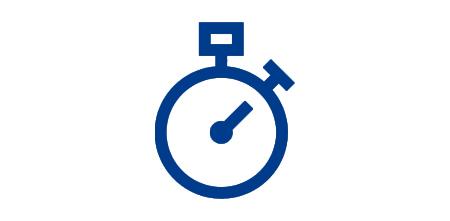
Protecting Our Children
Our Organizational Culture
ABWE exists to multiply leaders, churches and missions movements—so we all may do greater things in the Great Commission. We cannot fully realize this vision, however, without ensuring that every member of our community is safe and supported.
It is our passionate desire to see that every church, home, hospital, school, and crossroads within our ministry community is a place where all people—but especially children—are protected.
As a result, ABWE has invested in creating an environment of accountability, action, and education, so that every member—from the Board of Directors to every short-term volunteer—understands our child protection policy and fulfills our organizational expectation to protect children and create communities where our staff, missionaries, volunteers and partners can safely minister and live.
The Foundations of Our Strategy
We’ve seen how different organizational cultures and policies can either harm or help to safeguard families. We’ve seen how organizational transformation and accountability—born out of experience—can be channeled to educate others and eliminate opportunities for abuse.
Recognizing a need for proactive diligence, ABWE has worked hard to clearly define what we expect from our members to keep children safe. Our policies and procedures enable us to build a culture of accountability and visibility and enact swift and potentially severe consequences to the extent ABWE is able when those policies are broken.
- Strong Policies – We are responsible to create an organizational culture and define acceptable behaviors in that culture. Good training helps our teams to understand acceptable and unacceptable behavior. Adding an additional level of accountability protects our missionaries and partners by removing opportunities for both allegations and actual abuse.
- Robust Screening – ABWE requires anyone serving in ministry on our fields, regardless of the length of time, to have a background check. They are also required to take child safety training, regardless of the type of ministry work they might perform. This process helps us discover and prevent offenders from accessing our teammates and signals how seriously we take child protection.
- Informed Board – Our board is informed of risks and ongoing implementation of child safety best practices and adds another level of accountability and transparency to the decisions and policies we enact.
- Monitoring & Supervision – Supervision, training, and safety education exist so that every teammate can both identify violations and understand their responsibility to report them. A dedicated child safety team resources our missionaries and responds to concerns, allegations, and incidents of suspected abuse.
- Feedback & Listening – We invite feedback from our teams and partners to help us constantly evaluate our current practices and make sure they are effective in real-world, ministry scenarios.
Related Links




